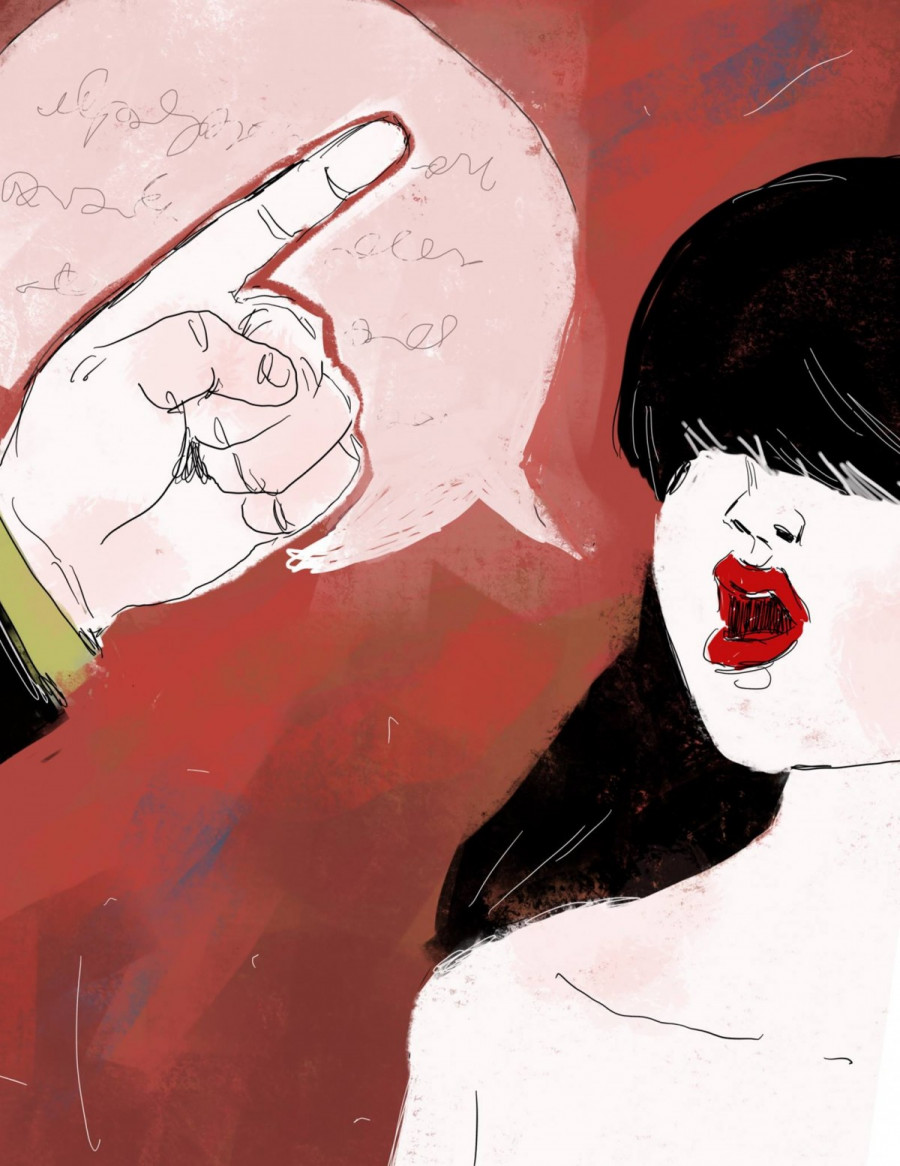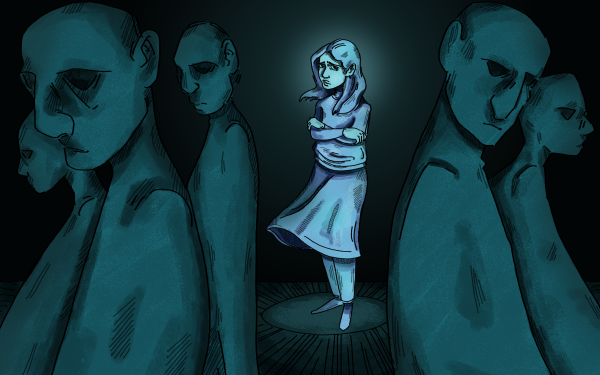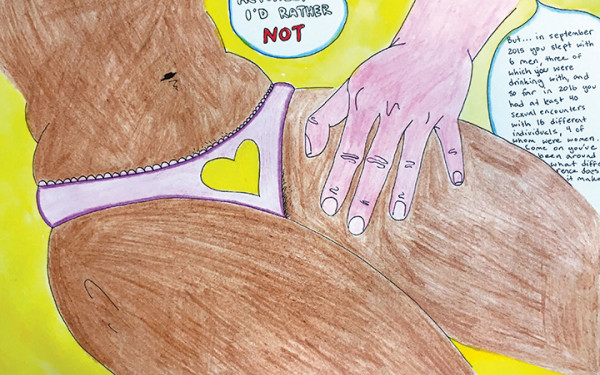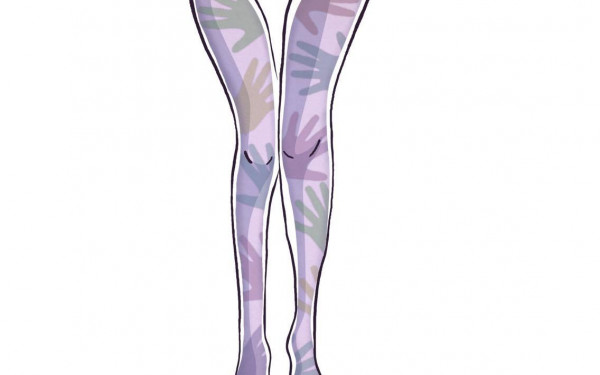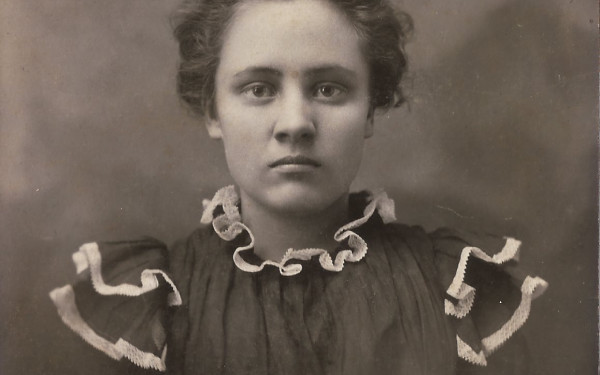Rape Is No Laughing Matter
Shaming Sex Workers Has No Place in Comedy
The world is built on rape culture.
So profession, personal history, and appearance often affect how one is perceived as a survivor.
Such is the case with Alice Paquet, who accused former Liberal MNA Gerry Sklavounos of sexual assault in October 2016. Earlier this month, Paquet denounced comedian Guy Nantel for calling her “the girl who slept with” Sklavounos and insinuating that sexual harassment is part of a sex worker’s job in a sketch in his new show Nos droits et libertés.
With comments like that, comedians like Nantel fail to understand that rape can happen to anyone, and that it’s a brutal reality that should not be “expected” by anyone, regardless of their profession. Sexual assault is a pervasive issue and continues to stream across all corners of our civilization. Making a joke where a survivor is the punchline only normalizes the problem. Allowing Nantel and others to get away with making jokes like this helps establish a basis for others to judge and even scorn the abused.
Since society has such contempt for sex workers, legalizing some of their activities can develop respect and add weight to their existence as working people and human beings. Decriminalizing prostitution would grant sex work greater recognition under the law and might finally destroy “Nantel-esque” foundations for questioning credibility for rape accusations. If sex work’s legitimacy is recognized by the law, it can help people understand consent’s independence from profession.
Not only would legalizing prostitution change our collective perception of sex work and legitimizes the distinction of sex work and rape, the numbers indicate that it could play a role in lowering sexual assault cases as well. A 2017 study published in the American Economic Journal found that in the Netherlands, sexual abuse and rape cases in an area dropped by 30 to 40 per cent in the first two years after prostitution became legal in that area.
Survivors of rape and sexual abuse are vulnerable to anxiety, post-traumatic stress disorder, failed relationships, depression, substance abuse, and thoughts of suicide. Yet, despite such difficult effects, some continue to incorporate rape jokes into their routines. For me, as a jokester, I am disappointed by how there are comedians who believe they can make assault a laughing matter.
In general, joking about certain things can make reality lighter. Comedians possess the ability to be diplomats and negotiate change. However, I have never felt that rape is amusing enough to incorporate into a gag.
Clothing, sexual history, and occupation do not influence your validity as a rape survivor. So, why should they impact the way your allegations are viewed by society? Why should one’s rape be illegitimate due to their job? It is not “just a joke,” it is an indication that people think consent and profession are correlated. Legalization can help extinguish the unfair point of view towards rape and sex work Nantel invokes in his comedic attempt.
You can easily apply the convoluted logic of Nantel’s joke to other situations to prove its failings. If John has been attacked by a shark, does the fact that he liked to swim impact his status as a shark survivor? Should we only believe people that do not like to swim as true shark attack victims? And if John was a professional swimmer, was he asking for it? My parallel is intentionally ridiculous to mimic the madness of jokes like Nantel’s. No one asks to be assaulted.
Everyone has the right to fight against their violators. To make a mockery of the molested is to ruin chances for justice and social recognition. If the government views prostitution as a valid profession, there would be a lot less scrutiny of former sex worker’s grievance.
While not all sex workers are prostitutes, permitting prostitution might improve conditions for all. While society cannot undo the damage that has been done, we can challenge the comments of people like Nantel. A red light still means stop, even in a red-light district.

